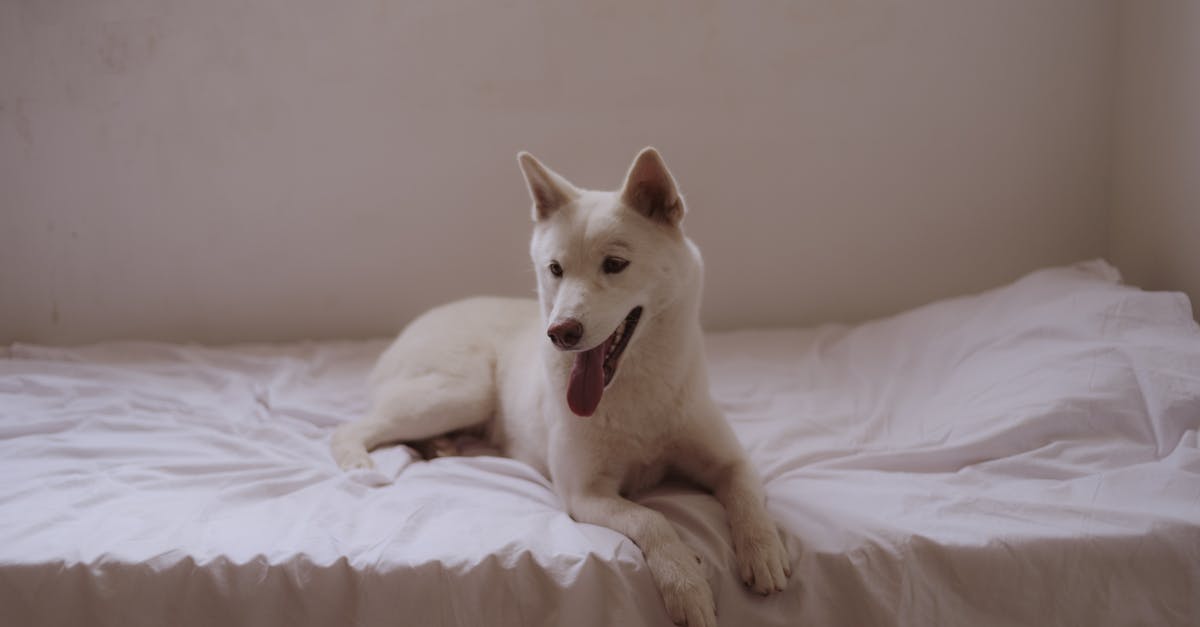Fireworks may be beautiful to us, but for dogs, they can pose a significant risk. Beyond the loud noises that often cause stress and anxiety, fireworks themselves can be toxic if ingested. With celebrations like New Year's Eve, Independence Day, and other holidays featuring fireworks, it’s crucial for dog owners to understand the dangers and how to keep their furry friends safe.
⚠️ What to Watch For
Firework toxicity in dogs can occur when they ingest fireworks, whether it's unused fireworks, spent casings, or debris left behind after a celebration. These materials contain harmful chemicals that can lead to serious health issues. Knowing the signs of toxicity can help you act quickly.
Common symptoms of firework toxicity include:
- Vomiting
- Diarrhea
- Abdominal pain
- Drooling
- Tremors or seizures
- Lethargy or weakness
- Changes in behavior, such as restlessness or agitation
In severe cases, dogs may experience difficulty breathing or even organ damage. If you notice any of these signs, it’s important to seek veterinary help immediately.
🔍 Possible Causes
Fireworks contain a variety of toxic substances that can be harmful to dogs. These include:
- Potassium nitrate: A common ingredient in fireworks that can irritate the stomach and lead to vomiting or diarrhea.
- Heavy metals: Metals like barium, strontium, or copper give fireworks their bright colors but can cause toxicity if ingested.
- Charcoal and sulfur: These substances can irritate the gastrointestinal tract and lead to digestive upset.
- Explosive chemicals: Fireworks may contain small amounts of gunpowder, which can cause severe reactions if ingested.
Even spent fireworks can be dangerous, as residue and unburned chemicals may remain on the casings or debris.
✅ What You Can Do at Home
If you suspect your dog has ingested fireworks, taking immediate action is critical. Here are some steps you can take:
- Remove access to any remaining fireworks or debris to prevent further ingestion.
- Rinse your dog’s mouth with water to remove any residue if possible, but do not induce vomiting unless instructed by a veterinarian.
- Monitor your dog closely for symptoms like vomiting, drooling, or tremors.
- Provide fresh water to help flush out toxins, but avoid feeding your dog until you’ve consulted a vet.
While these steps can help in the short term, it’s always best to contact your veterinarian or a pet poison hotline for professional guidance.
💡 When to Call a Vet
Firework toxicity is a medical emergency, and prompt veterinary care can make a significant difference in your dog’s outcome. Contact your vet immediately if:
- Your dog has ingested any part of a firework, including spent casings or ash.
- They are showing symptoms like vomiting, diarrhea, or seizures.
- You’re unsure how much they ingested or what type of firework was involved.
Veterinarians can provide treatments such as activated charcoal to absorb toxins, IV fluids to prevent dehydration, and medications to address symptoms like seizures or vomiting. In severe cases, hospitalization may be required.
📋 Care Tips
Prevention is the best way to protect your dog from firework toxicity. Here are some tips to keep your pet safe:
- Keep fireworks and related materials out of reach, storing them in secure, pet-proof containers.
- Clean up all firework debris promptly after celebrations, especially in your yard or areas where your dog plays.
- During firework displays, keep your dog indoors and supervise them closely to prevent accidental ingestion of debris.
- Provide a safe, quiet space for your dog during celebrations to reduce stress and minimize the chance of them exploring hazardous materials.
According to the ASPCA, many household items, including fireworks, are toxic to pets (source).
FAQs
Q: Can small amounts of fireworks harm my dog?
A: Yes, even small amounts can be harmful due to the toxic chemicals in fireworks. If you suspect your dog has ingested any amount, contact your vet immediately.
Q: What should I do if my dog eats firework debris?
A: Remove access to the debris, rinse their mouth with water if possible, and call your vet for guidance. Do not induce vomiting unless directed by a professional.
Q: How can I tell if my dog is stressed by fireworks?
A: Signs of stress include panting, pacing, hiding, whining, or trying to escape. Providing a quiet, safe space can help reduce their anxiety.
Book a $49 online vet consultation at https://www.dialavet.com for fast, expert advice.























